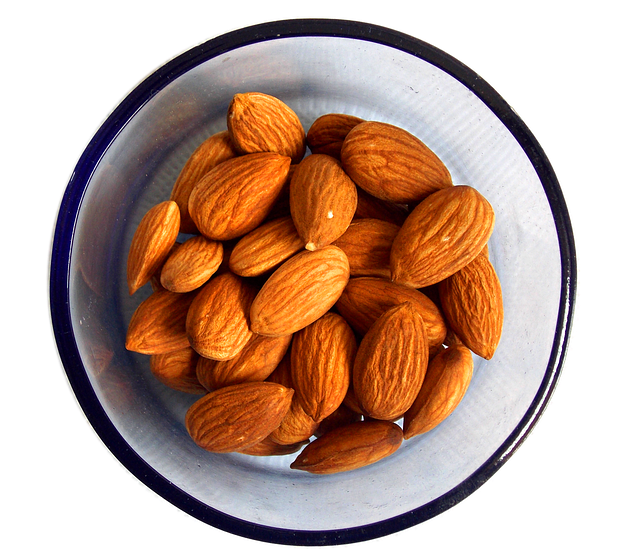
Contents
Understanding Thyroxine (T4)
Thyroxine, also known as T4, is a major hormone produced by the thyroid gland and is responsible for a variety of body processes, including metabolism. It’s important to understand the role of thyroxine and the foods and nutrients that support it during production and absorption. This can help ensure good health and keep your thyroid functioning properly.
What Contributes to T4 Production and Absorption?
To produce and absorb thyroxine, your body needs hormones and nutrients from food, such as iodine, selenium, zinc, and tyrosine. The body also needs certain vitamins, such as Vitamin A, E, B6, and B12, to help metabolize T4. Eating a variety of foods that are rich in these nutrients can support proper T4 production and absorption.
Foods That Support Thyroxine (T4)
Iodine
Iodine is an important mineral required for the production of thyroid hormones, and a lack of iodine can cause hypothyroidism. Some of the best dietary sources of iodine include seaweed, such as kelp, seaweed salad, sushi, sea bass, and cod. Other sources of iodine include fortified dairy products, eggs, oats, cranberries, potatoes, shrimp, navy beans, and iodized table salt.
Selenium
Selenium helps to activate thyroid hormones and has powerful antioxidant properties. It can be found in nuts and seeds, such as Brazil nuts and sunflower seeds, as well as certain meats, fish, and poultry. Other sources of selenium include whole wheat bread, mushroom, eggs, and garlic.
Zinc
Zinc is essential in the body for proper thyroid hormone production. Foods that are high in zinc include beef, pork, oysters, lobster, and crab. Whole grains, such as oats and quinoa, and dairy products, such as yogurt and cheese, are also good sources of zinc.
Tyrosine
Tyrosine is an amino acid used in the production of hormones, and it acts as a building block for T4. Foods that are high in tyrosine include turkey, salmon, yogurt, eggs, papaya, and pumpkin seeds.
Vitamins
Vitamin A, E, B6, and B12 all play a role in thyroid hormone synthesis and metabolism. Some of the best sources of these vitamins include leafy greens, fatty fish, avocado, bananas, nuts, and legumes.
Conclusion
Eating a variety of foods that contain iodine, selenium, zinc, tyrosine, and vitamins A, E, B6, and B12 can help ensure healthy T4 production and absorption. Including these foods in your diet is key to keeping your thyroid functioning properly and staying healthy overall.
